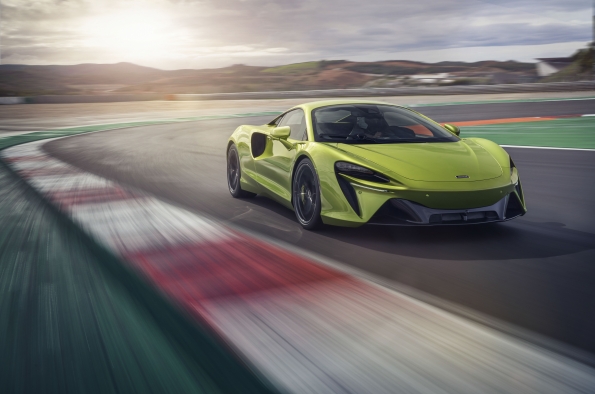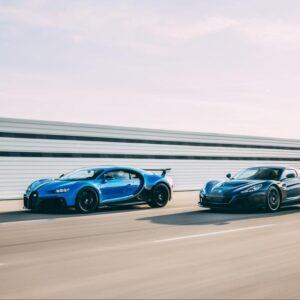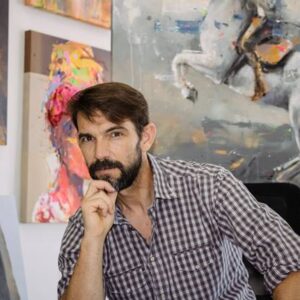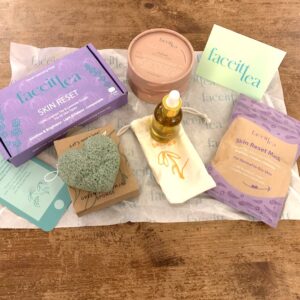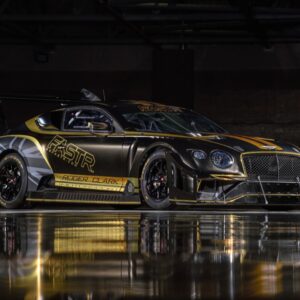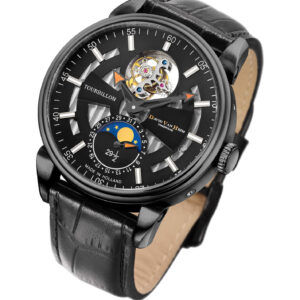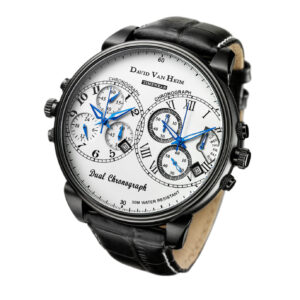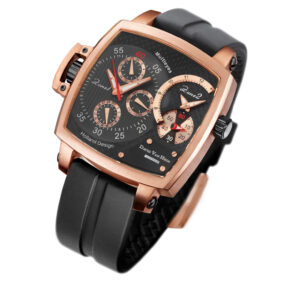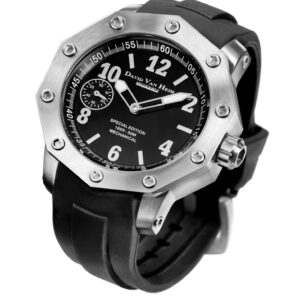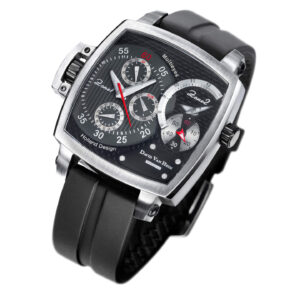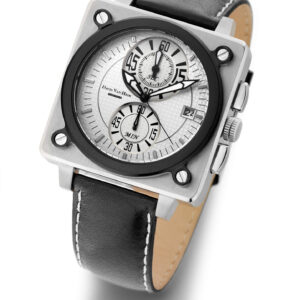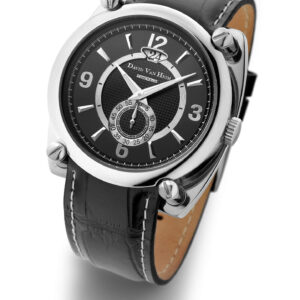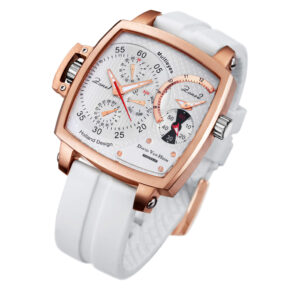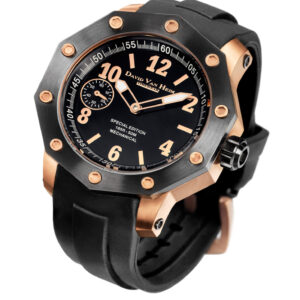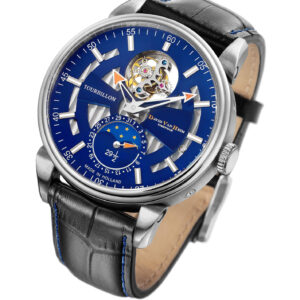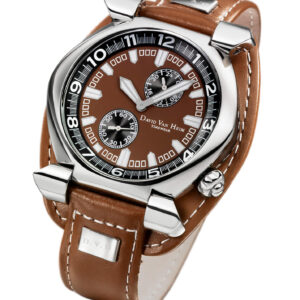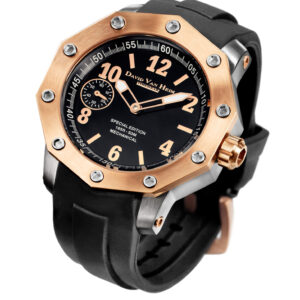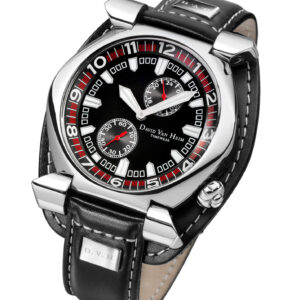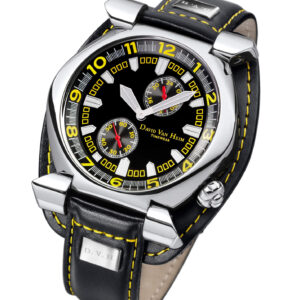The artist Elie Lambert loves the racing scene. He explains his creative process: ‘I just capture a moment of intense happiness to be alive, surrounded by the generous nature of our racecourses, stud farms, and the beauty of a horse.’
Elie Lambert was born in Brussels in1949, but as a French citizen living in Normandy calls himself ‘le plus Francophile des belges’).
He is the only living equestrian painter who brings such a light-hearted sense of fun to his canvases. These paintings are an expression of wit, charm, and naivete, in brilliant colours.
Geoffrey Hughes, director of London’s Osborne Studio Gallery, describes the art of Elie Lambert as a ‘thrilling, altogether novel depiction of the Turf’.
London’s most important space for contemporary sporting art, the only surviving gallery in Motcomb Street, Belgravia, was established in 1986, opened by HRH Princess Anne, eventing champion, the first Royal Olympian.
Elie Lambert’s third solo exhibition will coincide with the return of Royal Ascot, the most glamorous event in the English racing calendar, a chance to put on the craziest hats and feast on champagne picnics, after months of gloom.
The late Sir Peter 0’Sullevan (former Chairman of the Osborne Studio Gallery) BBC’s ‘Greatest Voice of Racing’ found eloquent epithets to capture Elie’s joie de vivre: compulsive, engaging, entertaining, amusing, quixotic.’ He said that Lambert’s ‘colourful long-legged horses are evidently shod by Louboutin’.
He depicts fashionable crowds of spectators, their clothes as vivid as jockeys’ silks. Thoroughbred stars of the show, chestnut, bay, black, and grey, stride across emerald turf.
Lambert’s life from early childhood has been consecrated to The Horse: licensed ‘gentleman rider’ at 18, a reporter on racing for specialist French and British journals, bloodstock agent, antique and fine art dealer, and now a full-time painter living in Deauville, near the Rothschild stud, just a few seconds from the world-famous racecourse.
As a jockey, he always had his sketchbook at hand somewhere, and determined to study art, though a ‘restless pupil’, attending the Académie des Beaux-Arts in Brussels, followed by the School of Architecture, for three and a half years.
He goes on to describe his background and the atmosphere that shaped and inspired him.
‘I grew up in the middle of stud farms where all activity was around breeding and thoroughbred racing – always in wonderful surroundings. The landscape was full of natural beauty, but also the buildings like the stables, castle or a grandstand, especially the old racecourses which fascinate me still.’
His favourites among all the great racing venues are Goodwood on the Sussex Downs, known as ‘glorious’ and the ‘stunning, historic’ Chantilly, outside Paris.
The most outstanding opportunity for Lambert came when the Earl of March, owner of Goodwood, gave him the freedom as ‘artist in residence’ to put his easel wherever he wanted, for five beautiful days and ‘dreadful’ nights (sleeping in a horsebox).
He painted with workaholic intensity among a thousand racegoers. Many will remember wandering around with paint-spattered onto their fine clothes. The result was seven large canvases, which Tom Rooth, former Director of Sporting Art at Christie’s International, a great supporter of Lambert’s art throughout his career, considers among his finest works.
Asked about his palette of primary colours, Lambert says ‘I think it is a reaction against the dark, yellow, and brown paintings of the Flemish school that I hate. I am more influenced by artists from my generation like David Hockney, Jack Butler Yeats, and the great classic in my genre, Alfred Munnings. But the master is without a shadow of a doubt a chap called Picasso.’
Elie Lambert’s paintings have their own joie de vivre which ensures their universal appeal.

_0-700x450.jpg)

